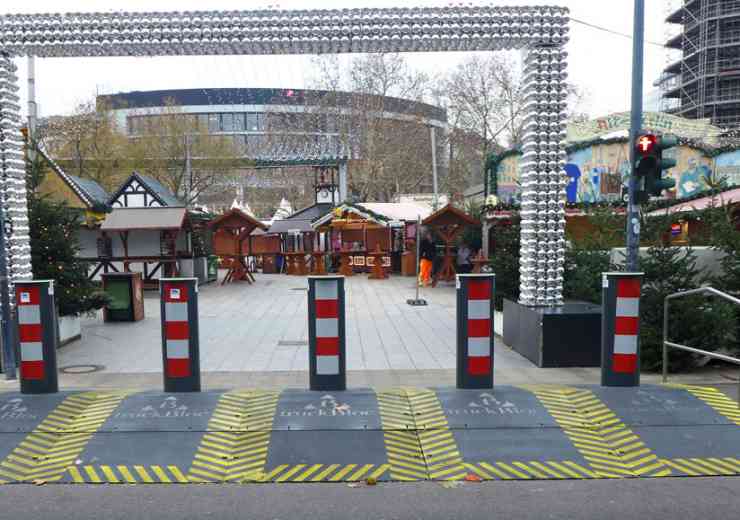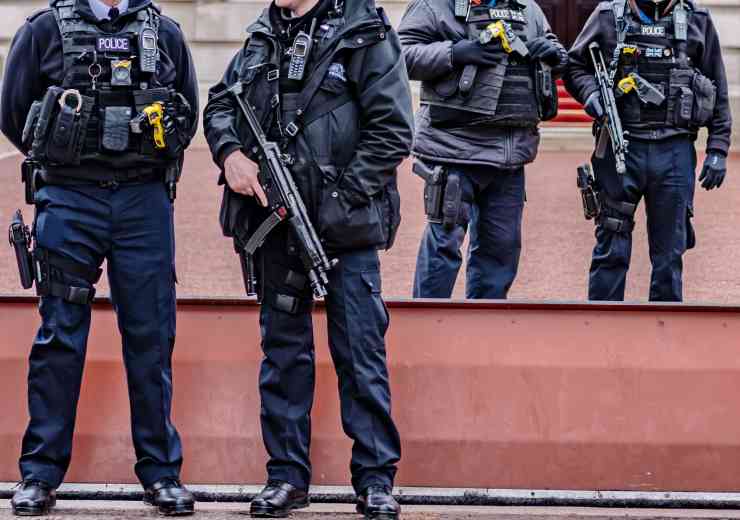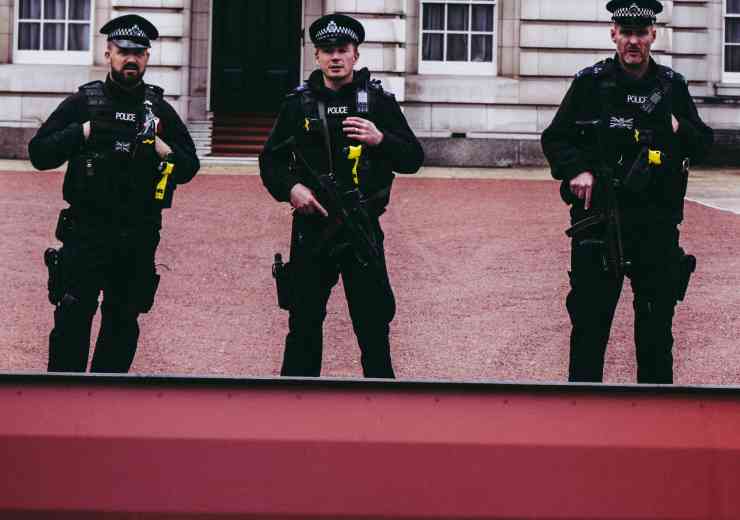Keeping the UK safe from threat

In May last year, a young woman, allegedly radicalised on the internet, attempted to murder Stephen Timms MP at his constituency surgery in East London. In October, Al Qaeda in the Arabian Peninsular attempted to blow up two aircraft bound for the United States, one of which was intercepted in the UK. In December, a Swedish man who had spent some time
living in this country partially detonated two bombs in Stockholm city centre. Thankfully none of these resulted in any fatalities but it shows that the threat from terrorism is real and ongoing.
Since we came into power almost a year ago, Britain has faced a complex range of threats at home and abroad. We recognised very early on the need to have structures in place tha
t allow us to react quickly and effectively, but also strategically.
National Security Council
In our first few weeks in office we established at the heart of government a National Security Council (NSC), of which I am a member. The Council, which is chaired by the Prime Minister, oversees all aspects of UK national security and, under the authority of the Cabinet as a whole, takes decisions in relation to opportunities and threat we face, integrating at the highest level the work of the foreign, defence, home, energy and international development departments.
The NSC oversaw the publication in the autumn of our National Security Strategy and the Strategic Defence and Security Review – the first time in a long time that government has made decisions on defence and security from an integrated and strategic point of view. This marked a step-change in the UK’s ability to protect its security and advance its interests in the world.
Counter terrorism pledges
The start of 2011 saw us deliver some of our key coalition pledges on counter-terrorism powers and measures. Once implemented, the review of counter-terrorism and security powers will do much to roll back encroachment on civil liberties.
We will repeal the control order system and replace it with one which is significantly less intrusive and more focused. We will stop the overly-intrusive use of surveillance under the Regulation of Investigatory Powers Act (RIPA), as well as repealing the use of the indiscriminate stop and search powers, replacing it with a circumscribed version that can only be used where there is a real threat of terrorist attack.
We are soon to publish the outcome of the Prevent Review. And we are currently revising our counter-terrorism strategy – CONTEST – which will reflect the work we have done so far and set out our vision for counter-terrorism for the next four years. As well as giving a clear picture of the threats we face, it will set out planning assumptions about how the terrorist threat might develop over the next four years.
Working together
But government cannot, and should not, provide the whole solution. Maintaining national security is a collective effort in which we all – government, industry and academic communities – need to play our part. The expertise and innovative technology provided by industry make a vital contribution to keeping the UK safe and secure; allowing us to stay one step ahead of those who would seek to do us harm.
This government is starting to engage at a much earlier stage in the process of security development – at the concept rather than the specification stage. One example of our ongoing improved engagement with the private sector and academia is our Innovative Science and Technology in Counter-Terrorism (INSTINCT) programme.
INSTINCT formulates security problems and facilitates small and medium enterprises to provide potential solutions. We have seen through our INSTINCT technology demonstrators some really innovative answers. And maintaining the UK position at the forefront of global innovation is also crucial to our economic recovery. When it comes to ways in which we can work with industry, we are currently consulting under our Equipment, Support and Technology for UK Defence and Security Green Paper in order to be able to set out and plan for our future security and defence needs.
As I said at the beginning of this article, with a new government comes a new approach. But the objective remains the same – to stop terrorist attacks. We are determined to apply all of the tools at our disposal to achieve the first duty of any government – protecting the British public. At the same time one thing is clear in everything we do: we will not allow the threat from a tiny minority to override the rights and freedoms which the vast majority are entitled to enjoy.
About the author
Pauline Neville-Jones is the minister of state responsible for security and counter-terrorism.
During a 30-year career as a diplomat (1963-1996), Pauline Neville-Jones served in British missions in various locations around the world, including the former Rhodesia, Singapore, Washington and Bonn. She also spent five years on secondment to the European Commission.
From 1991 to 1994, she was deputy secretary to the Cabinet and head of the defence and overseas secretariat in the Cabinet Office. Between 1993 and 1994, she was chair of the Joint Intelligence Committee. From 1994 until 1996, she was political director in the Foreign & Commonwealth Office.
Pauline is an honorary fellow of Lady Margaret Hall, University of Oxford, and a Doctor of London University, City University and the Open University.
In January 2006, she was appointed by David Cameron to head the Conservative party’s National and International Security Policy Group. In July 2007, Pauline was appointed shadow security minister and national security adviser to David Cameron.
For more information
www.homeoffice.gov.uk/counter-terrorism
digital issue




















